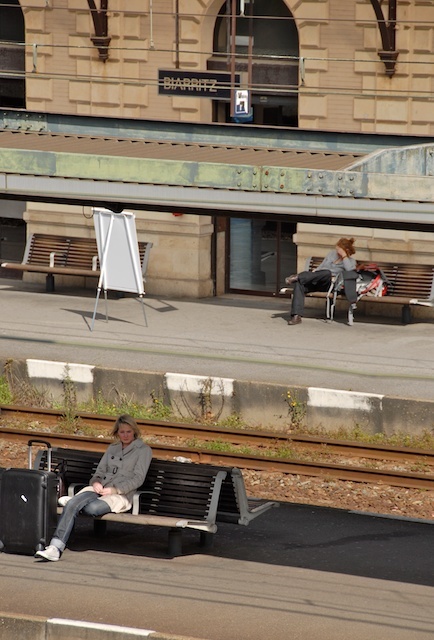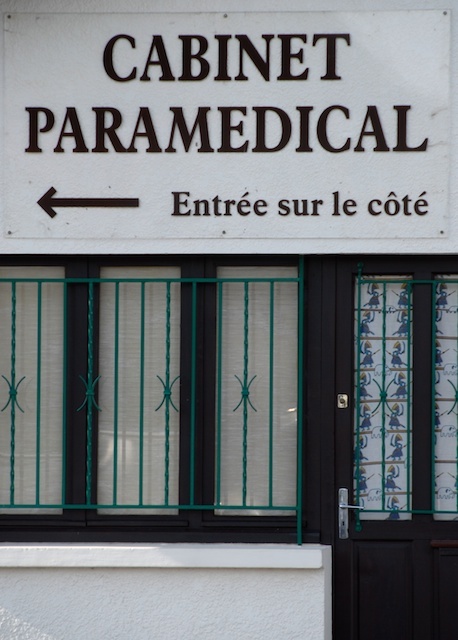Whether you want a holiday home, a permanent base or an investment, purchasing a French property is a big decision. Get it wrong and you could end up stuck with a property that is unsuitable for your needs and may even be hard to sell. Choosing the right property is a process that involves careful deliberation and sensible assessment. Unfortunately all too often, buyers fall in love with a property, usually on a sunny afternoon after a long and well lubricated lunch! So how can you avoid falling into this trap? For starters, stay off the wine at lunchtime and more seriously, create a checklist of essential criteria and stick to it, ruthlessly.
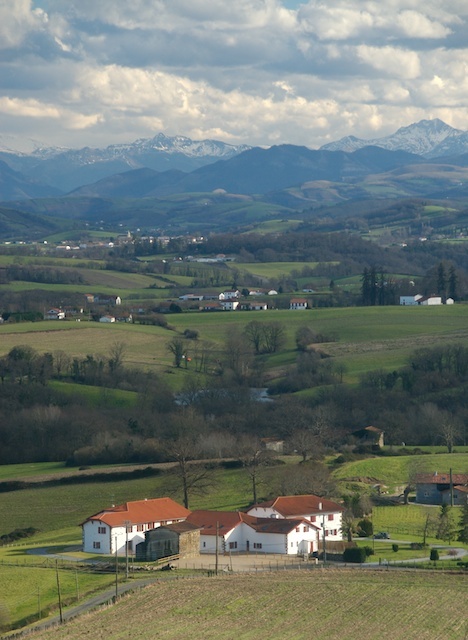
Choosing a region is often the easy part of the property hunt. Most people are drawn to a particular region. Maybe you've already spent time in a particular area or have family and friends resident there, or you may have decided that you want to be close to the coast or the mountains? However, within that region there will be a huge choice, not only of differing areas but also of different types of properties and locations. All of these will have their pros and cons, what might be perfect for one person may well not suit another. Clearly a lot of thought needs to go into choosing a location but by thinking about all the factors involved, it's relatively easy to find the perfect property.
Having selected the 'target area', the first thing to decide on is the type of location. These fall into roughly four categories –urban, i.e. a city or town, a village, a hamlet and finally, totally isolated. If you are someone who can't be without the buzz of others and who lives for shops and café society, then a town is the obvious choice. However, you need to think about whether you want to be in the town centre, everything will be close to hand but there may be constant noise, or whether the quieter suburbs may suit better. If you choose the suburbs, then think about transport links. In many larger French towns and cities, the transport systems are excellent and suburban living may be a good option. There has been a huge amount of investment in public transport in recent years, it tends to be very cheap and some regional authorities are even setting up free transport systems.
A bustling village is often the ideal for many buyers. If you are considering a village location, it is essential to list all the things that you require and check that they are all there. And it's a good idea to do some research and check that there are no plans to close the village school or post office. You can always find out this kind of information by asking at the Mairie, the small scale 'town hall' found in every commune. A hamlet may be perfect if you want just a few close neighbours and yet a very quiet lifestyle. However, as you will be living in close proximity, it's important to make sure that you check out the neighbours beforehand! Barking dogs are often a feature of rural French life and it is better to find out any possible 'downsides' before signing the acte de vente. Equally close neighbours often provide a valuable support network.
Rural isolation is the ideal for some buyers. France offers many people a chance to become land owners for the first time and whilst the thought of having acres of land surrounding your property can be tempting, it's important to consider how living miles from anywhere will work.
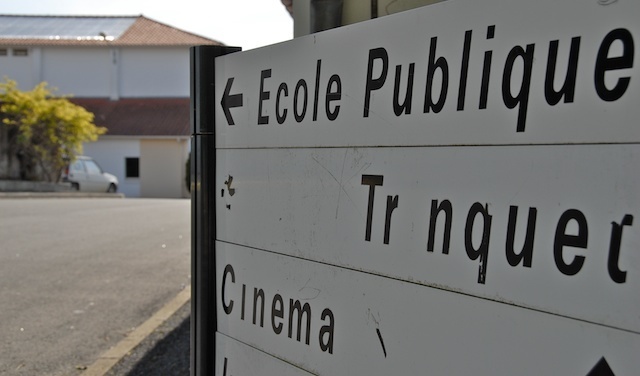
Families with school age children will need to check out bus routes to and from school and travel time.
A second vehicle may be necessary.
Integration into the local community may be harder.
Trips to the supermarket / doctor / dentist may take a considerable amount of time.
Access – some really rural properties may be difficult to reach all year round.
Renovating a very isolated property will become far more expensive as deliveries will cost more.
None of these issues are insurmountable but they do need to be factored in and if you haven't previously lived in an isolated property, the rural lifestyle can come as rude shock.
Transport links are a vital factor too. Out of the many people that purchase French property every year, a large percentage will need to either return regularly to the UK to work or welcome visitors, friends and clients on an on-going basis. Clearly good access to and from the UK and possibly other European countries, is essential. The TGV network is fast, efficient and relatively cheap so a property within easy reach of a TGV station, will always be a good buy and it will also be easier to sell on again. Budget airlines have made some areas of France very popular with buyers and holiday-makers. However, such carriers may suddenly decide to pull out of a particular route and it is sensible to look at which other airlines are using a given airport, as well as looking at the transport picture as a whole.
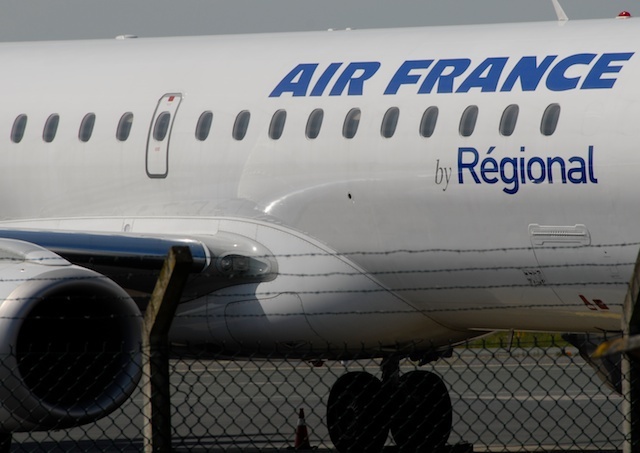
On a more local level it is wise to check out bus and train routes. There will always be occasions where public transport is useful. Buyers thinking about opening gites or chambre d'hotes will find that this is a real bonus for their clients. Families with older children will also find public transport useful.
Having worked out how to get to and from an area, it's time to start looking at what goes on there. It is important to think about your hobbies, passions and interests and try to find a location where these are easily accessible. If possible go and visit leisure facilities such as golf courses, swimming pools and sports complexes to see what is on offer. Try to find out about evening activities such as classes and clubs. Joining local groups is a great way to meet people and integrate into a new area. Once again, the Mairie will be a source of detailed information about the commune itself and the immediate locality. It is well worth popping in for a chat! You can also use this opportunity to ask about planned future developments in the area, any new roads, house building and industrial developments all of which could affect your enjoyment of the property and its resale value.
Access to shopping facilities is important for all prospective purchasers. Whilst everyone is different and will have different needs, there are some questions that all buyers need to ask.
These might include questions like:
How far is the nearest supermarket?
How big is it and can I get all I require on a regular basis there?
Where is the nearest shop?
What does it stock?
Where is the nearest petrol station?
Is there a local market?
Where can I buy basics such as gas bottles?
If I have specific requirements – perhaps supplies for a business or animal feed – will I have to travel far?
Health is another important area that shouldn't be overlooked. Pharmacies and doctors are widespread in France so finding one nearby is not normally a problem. However, people with existing health conditions who know they are likely to need regular treatment, should look carefully at getting to and from the different clinics, hospitals and medical centres in an area. Frequent trips will be much less onerous if the journey time is not too long.
Families with school age children need to find out as much information about the schools in the area as possible. Generally schools in France and especially in the countryside, tend to be of a pretty high standard. However some rural schools may be too small to have a maternelle section – age two to six – and other primaries may split the age groups between two different buildings in two different villages. Whilst none of this is necessarily a problem, it's wise to be aware of the facilities on offer in any given commune. It is also important to check out school bus routes, especially for older children. These do change slightly from year to year as people move into or out of an area and most Mairies try to be accommodating. However, if you wish your child to go to a school other than the local one as designated by the carte scolaire, it is essential to check out school transport before making a final decision. School days are long in France and spending extra time travelling needs to be factored into the equation.
It is also important to look at the facilities and services offered by any particular school. Obviously classrooms, equipment and activities are important. Equally vital for working parents will be pre and after school childcare, known as le garderie and any holiday clubs run on school premises, usually organised by the local commune.
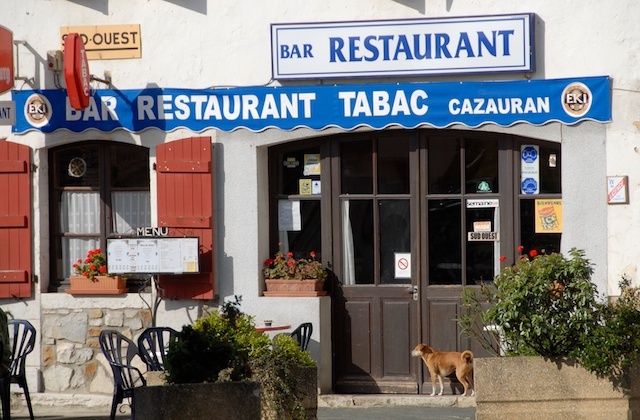
Last but not least, think about what you have always wanted from a move to France, in terms of both lifestyle, the ideal location and the type of property. This could be access to rolling countryside for walks, stunning scenery or being able to live in a timbered house. There may well be a trade off but the great thing about buying property in France is that there is a huge quantity of housing stock and thus a large amount of choice.
Words: Catharine Higginson
Photos: James Higginson
